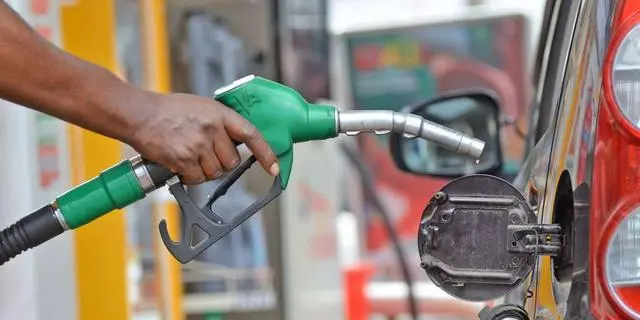Oil marketers across Nigeria have issued a cautionary note to the federal government, advising against a hasty implementation of a fuel import ban. They argue that the country’s current refining capacity is insufficient to meet domestic demand, and an abrupt policy shift could lead to fuel shortages and price hikes.
Industry Leaders Voice Concerns
The Independent Petroleum Marketers Association of Nigeria (IPMAN) and the Petroleum Products Retail Outlet Owners Association of Nigeria (PETROAN) have been at the forefront of this advisory. Hammed Fashola, IPMAN’s National Vice President, emphasized that while the Dangote refinery is operational, other refineries are still under construction. He stated, “The government should not be thinking in the direction of banning petroleum imports now. Only the Dangote refinery is operational. The others are still under construction. Before any ban, we need more refineries to ensure fuel security.”

Fashola further highlighted that imported fuels still account for a substantial share of national demand. He cautioned that banning imports now could lead to scarcity and higher prices.
Echoing these sentiments, PETROAN President Billy Gillis-Harry urged the government to approach the policy with caution to avoid economic disruption. He noted, “We support promoting local content, but a fuel import ban now could worsen inflation and energy insecurity.”
The “Nigeria First Policy” and Its Implications
The federal government’s recent introduction of the “Nigeria First Policy” aims to prioritize locally made goods and services. Under this directive, foreign procurement is now subject to a waiver from the Bureau of Public Procurement if local alternatives exist. While the policy’s intent is to bolster domestic industries, marketers warn that its extension to petroleum products could have unintended consequences.
Gillis-Harry pointed to international precedents, such as the U.S. “America First” policy, which used tariffs and exemptions rather than outright bans to protect domestic industries. He emphasized the need for a balanced approach, stating, “We must apply wisdom and caution.”
Current Fuel Importation Landscape
Despite the operational status of the Dangote refinery, several oil marketers have resumed importing petrol into the country. In the first week of May alone, companies like Ardova, AA RANO, BOVAS Oil, NIPCO, and Alkanes imported 103,800 metric tonnes of petrol through Lagos and Calabar ports. This move indicates that the domestic refining capacity is not yet sufficient to meet the nation’s fuel demands.
Potential Economic Impact
Analysts warn that a hasty import ban could lead to long queues at fuel stations, hoarding, and black-market activities. Such disruptions could exacerbate inflation and strain the economy further.
Recommendations
Marketers recommend that the government:
- Ensure that local refining capacities are fully operational and capable of meeting domestic demand before implementing an import ban.
- Consider phased approaches or partial bans, allowing for a gradual transition that doesn’t disrupt the fuel supply chain.
- Engage with industry stakeholders to assess the readiness of the market and infrastructure to handle such policy shifts.
In conclusion, while the goal of promoting local content and reducing dependency on imports is commendable, stakeholders emphasize the importance of a measured approach to avoid unintended economic consequences.
Support InfoStride News' Credible Journalism: Only credible journalism can guarantee a fair, accountable and transparent society, including democracy and government. It involves a lot of efforts and money. We need your support. Click here to Donate
